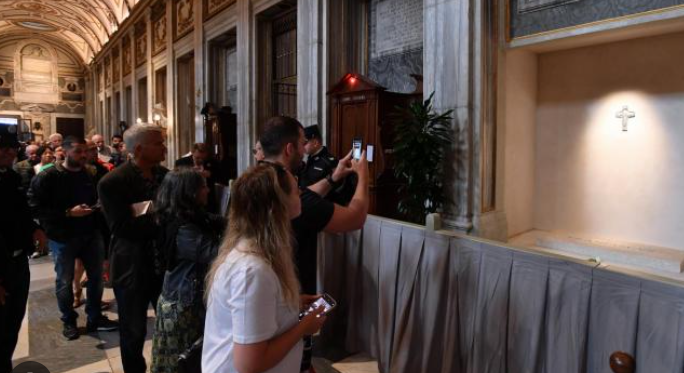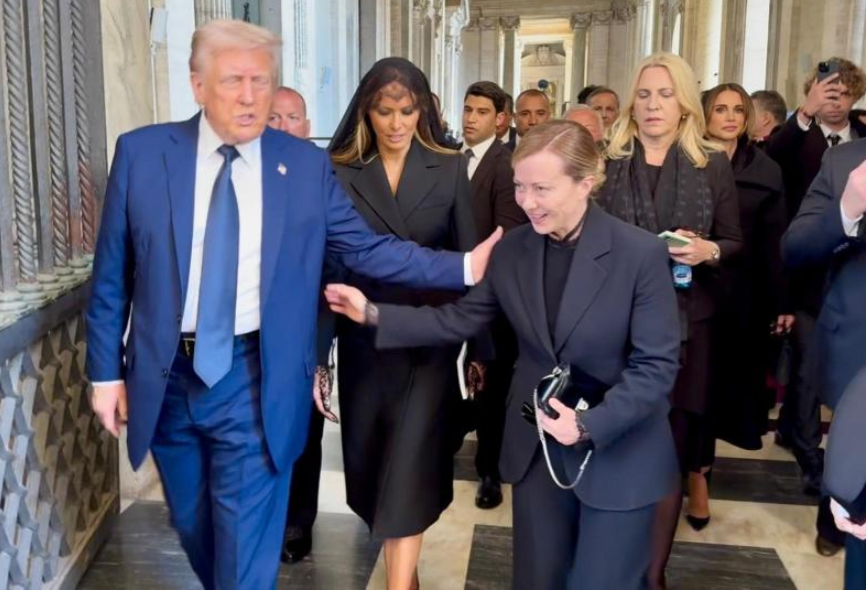[ad_1]
NEW YORK (Reuters) – U.S. President Donald Trump’s lawyers told a New York state judge on Tuesday that under the U.S. Constitution she had no jurisdiction over the president and therefore urged her to dismiss a defamation lawsuit by a woman who has accused Trump of sexual harassment.
The lawsuit by Summer Zervos, a former contestant on Trump’s reality show “The Apprentice,” contends that Trump’s denials of her accusations amounted to false and defamatory statements and that being “branded a liar” by Trump has harmed her and her business.
Trump’s lawyers, led by Marc Kasowitz, said the Constitution’s Supremacy Clause prevented the judge from letting Zervos’s lawsuit proceed in a state court. The arguments are being heard in New York State Supreme Court in Manhattan.
“The motion today has nothing to do with putting anyone above the law,” Kasowitz told Justice Jennifer Schecter. “Under the Supremacy Clause … a state court may not exercise jurisdiction over the president of the United States while he or she is in office.”
Trump’s lawyers have said in court filings that Zervos is making false, self-contradictory and politically motivated accusations and that the president’s remarks were “non-actionable fiery rhetoric.”
Schecter is expected to rule some time after Tuesday’s arguments on whether to allow the case to proceed.
Zervos has accused Trump of groping her during meetings in 2007. She filed her lawsuit in January, three days before Trump’s inauguration. In March, she subpoenaed Trump’s presidential campaign for any documents concerning similar allegations against him.
Trump has said accusations by Zervos and other women who last year accused him of sexual harassment are false.
If the case went ahead, it could lead to Trump being compelled to hand over any documents from his campaign related to any accusations of sexual impropriety made against him. Trump could also be required to testify.
The lawsuit cited as examples of defamation numerous posts from Trump’s Twitter account, including one from Oct. 15, 2016 that said, “Nothing ever happened with any of these women. Totally made up nonsense to steal the election.”
Zervos’s lawyers, including Gloria Allred, have cited the U.S. Supreme Court’s ruling in Clinton v. Jones, which allowed former Arkansas state employee Paula Jones’ sexual harassment lawsuit against Bill Clinton to proceed in 1997 while he was still U.S. president.
The decision led to Clinton’s impeachment after he lied under oath about his sexual relationship with another woman, Monica Lewinsky.
Trump’s lawyers have said that Clinton v. Jones only applies to lawsuits in federal courts, not state courts.
Zervos met Trump after becoming a contestant on NBC’s “The Apprentice” in 2005. She has accused Trump of kissing her against her will at his New York office in 2007 and later groping her in a hotel in Beverley Hills after she met with him about a possible job.
She was one of several women who made accusations against Trump after the emergence last year of a conversation recorded in 2005 in which he spoke in vulgar terms about trying to have sex with women.
The conversation was captured on an open microphone while Trump was speaking with TV host Billy Bush.
Trump has said the comments amounted to “locker room banter,” and his campaign issued a statement in which he apologized if anyone was offended.
Since the lawsuit was filed, numerous accusations of sexual misconduct have been made against powerful men in politics, media and entertainment.
Reporting by Jonathan Allen; Additional reporting by Joseph Ax; Editing by Toni Reinhold
[ad_2]
Source link






Leave a Reply